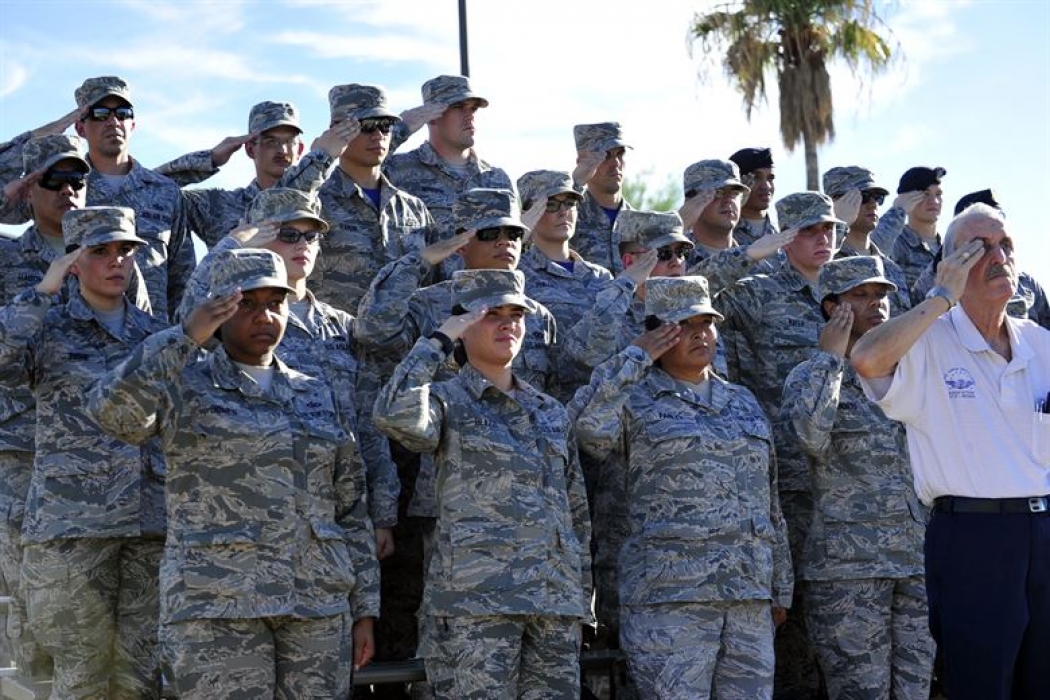The Supreme Court in Brown v. Glines, 444 U.S. 348 (1980) ruled that persons serving in the military have the right to petition Congress via single-signature letters but may not circulate petitions to Congress without prior approval from a base commander. The Court determined that military regulations limiting the right to petition for armed-forces personnel do not violate the First Amendment.
Glines claimed restrictions on petitions by Air Force personnel violated First Amendment rights
While on active duty, Albert Glines, a captain in the Air Force Reserves, drafted and circulated petitions to members of Congress complaining about Air Force grooming standards. His actions violated Air Force regulations requiring prior approval for circulation of petitions, and he was removed from active duty. Glines sued, claiming that the regulations constituted an unconstitutional prior restraint and violated his First Amendment right to petition. A federal district court decided in his favor, and an appeals court affirmed.
Court upheld restrictions
The Supreme Court reversed the lower courts’ decisions. Justice Lewis F. Powell Jr., writing for a 5-3 majority, analogized the case to Greer v. Spock (1976), in which the Court upheld a base commander’s power to “prevent the circulation of materials that he determines to be a clear threat to the readiness of his troops.”
Powell grounded his analysis in the claims, announced in Parker v. Levy (1974), that the “military is, by necessity, a specialized society separate from civilian society” and that the risk of undermining the authority of commanding officers justifies the regulations. The Court concluded that the right of petition for service personnel is limited to “the communication of individual grievances” via writing.
Dissenters challenged court’s deference to military necessity
Justices William J. Brennan Jr. and Potter Stewart wrote spirited dissents. Brennan argued that application of relevant civilian case law justified a decision for Glines, that Spock was an unsuitable precedent for the majority’s decision, and that the concept of military necessity is too overbroad and unclear to justify denial of service personnel’s First Amendment rights.
Stewart challenged the majority’s conclusion that guaranteeing service members’ right to petition could be satisfied via its limitation to individual letters.
The Court’s much-criticized decisions in Levy and Glines highlight the deference of the courts to the military’s need to maintain order and discipline.
Glines reached the court with Secretary of the Navy v. Huff (1980), in which the Court issued a brief per curiam opinion asserting that Huff was settled by Glines.
This article was originally published in 2009. Richard A. “Tony” Parker is an Emeritus Professor of Speech Communication at Northern Arizona University. He is the editor of Speech on Trial: Communication Perspectives On Landmark Supreme Court Decisions which received the Franklyn S. Haiman Award for Distinguished Scholarship in Freedom of Expression from the National Communication Association in 1994.

